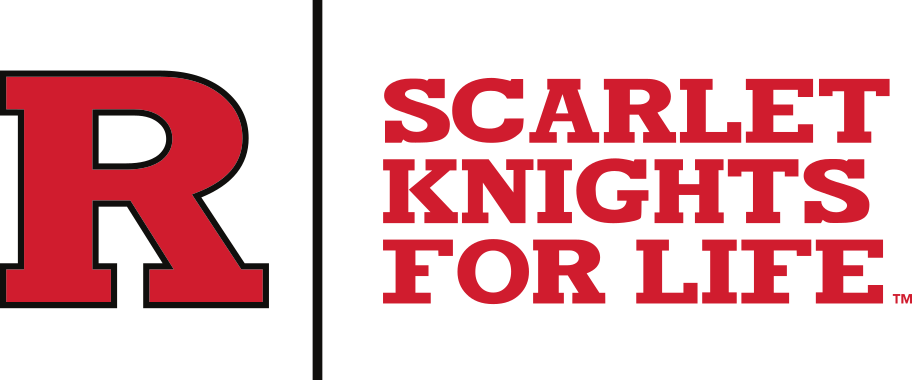
Dream Job: Veterinarian was originally published on College Recruiter.
The Way Animals Should Be Treated
Treating a sick animal is like solving a mystery, said 12-year veterinarian Ralph Yerex. The doctors can’t ask their patient questions, so they have to deduce the cause of an illness by piecing together clues.
In one difficult case, a dog experienced weakness that went away until several months later when he fell down and couldn’t get up. Yerex suspected a rare neurological disorder was the culprit and testing at a clinic proved him right.
“I love my job,” Yerex said. “The detective work is really cool.” Veterinarians like Yerex consider their job a calling, a way to help animals. Vets spend 8 to 10 years attending college and veterinary school, and their work-weeks often exceed 50 hours, with some newer vets working 12 hours a day.
Yerex earned his bachelor’s degree in chemistry at the University of Wisconsin, River Falls, and went to Scotland to study at Glasgow Veterinary School, legendary veterinarian James Herriot’s alma mater. Today’s veterinarian has a lot more tools at his or her disposal than Herriot did, because medical technologies introduced for use on people have entered the veterinary field. Ten years ago, Yerex said, he was one of the first vets to use cardiac and abdominal ultrasound in the Seattle area. Now, he said, “People are expecting this for their pets.”
Despite the advances, many people can’t pay to treat their animals, because their pets don’t have the same health insurance they do. Occasionally, a pet owner will ask Yerex to put an animal to sleep instead of treating a health or behavior problem. He refuses, because he will only euthanize an animal for medical reasons. Taking an animal’s life is the hardest part of the job, he said.
Several years ago, Yerex and another veterinarian opened the Brassfield Animal Hospital in Greensboro, N.C. Managing 11 full-time and part-time staff members is a lot of responsibility, Yerex said. He eventually hired an office manager, so the business side of the practice wouldn’t dominate too much of his time.
Yerex’s partner, Hunter Hodges, is certified in acupuncture. Used for years on race and show horses, acupuncture and other Eastern practices are becoming more common in the treatment of small animals, Yerex said. Acupuncture can relieve pain, stimulate appetite and treat symptoms, said veterinarian Lisa Beagan, who is taking a class in the alternative therapy. “It’s nice in cases when you have no options in Western medicine.”
Beagan treats small animals at the Hoffman Animal Hospital in Annapolis, Md. She started her career as co-owner of an equine practice in Maine. She liked being able to set her own schedule and work outside, but she was always on call and even had a fax machine in her bedroom so she could get lab results quickly. “It didn’t leave much time for a family life,” she said.
Beagan recently cut back on her hours at the hospital to work part-time at Vetcentric.com, a veterinary Web site. She was a math major in college and worked at General Electric for six years after graduating, so the job draws from her knowledge of business and animal medicine. Beagan said many of her classmates at the Tufts University veterinary school also were career changers.
Kim Thomas, co-founder of Vetcentric.com, was going to attend medical school after receiving her bachelor’s degree in biology, but decided to stick with her dream of treating animals. Doctors have to specialize, she said, while vets get to take on every medical role from orthopedic surgeon to cardiologist to anesthesiologist. At Greater Annapolis Veterinary Hospital, Thomas works with eight other veterinarians treating small animals.
“It’s a fantastic profession,” said Thomas, who has practiced for three years after earning her doctorate in veterinary medicine (D.V.M.) at the University of Tennessee. Like many other veterinarians, she has wanted to work with animals since childhood, and volunteered and later worked in a vet’s office before attending veterinary school.
Eric Griesshaber researched cockatiels and worked with an equine veterinarian before he became a small animal vet. His veterinary school at the University of California at Davis wanted him to check out the different paths an animal doctor can take. They can work in meat inspection, disease prevention, traditional practices, and more. When he graduated three years ago, he chose to work with small animals at a San Jose, Calif., practice owned by a corporation rather than a privately run office. The company, Veterinary Centers of America, Inc., offered good benefits and the predictability of working in an environment that abided by corporate standards, he said.
Griesshaber recommends that aspiring vets hone their customer service skills. Veterinarians spend a lot of time talking to people about their pets and comforting them if an animal is gravely ill. “Dogs and cats are part of the family,” he said.
While he thrives on the challenges of difficult cases, Griesshaber is frustrated when he can’t figure out the cause of an animal’s symptoms or when a pet can’t be cured. “You have to learn that not everything is fixable,” he said.
So if you have a love for animals and a scientific mind, consider dedicating your life to saving humankind’s best friends…and dream on!
Article by Lauren Wiley and courtesy of Salary.com®

